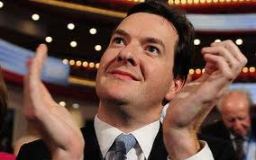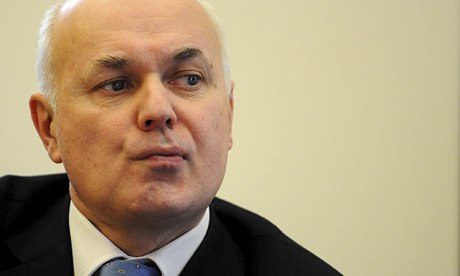HE’s one of the world’s longest surviving kidney dialysis patients and has had 33 years of renal treatment, four failed transplants and 14 heart attacks.
But now, in a shameful indictment of Tory welfare cuts, Paul Mickleburgh, 53, has been deemed fit to work.
The dad of three, who was diagnosed with renal failure when he was 19, was forced to give up his job as a technician 20 years ago after his body rejected a fourth donor kidney.
He is now so ill doctors have taken him off the transplant list as he would not survive a fifth operation and will spend the rest of his life on dialysis.
The machine, which cleans his blood, is now the only thing keeping him alive.
But after more than three decades hooked up to it for five hours, three days a week, other organs, including his heart, are also failing.
The Government insists that under their new employment and support allowance scheme, which replaces incapacity benefit, “those found to be too sick or disabled to work won’t be expected to”.
But Paul, from Aberdeen, who has also battled cancer, pneumonia, 14 heart attacks in the last five years and suffers from spontaneous internal bleeding and brittle bones, has been placed in a “work-related activity group”.
This requires him to attend “work-focused interviews” and actively look for employment or his incapacity benefits will be cut.
Incredibly, the Department for Work and Pensions reached their decision without Paul even being interviewed or given a medical.
Paul said: “How ill do I need to be? Apart from being dead, I don’t know how I can get much worse. It makes me so angry.
“I was asked to tell them all my illnesses and when I had finished it was a page and a half.
“I enclosed all my medical history, medication, dialysis times and what it does to me after being on it for 33 years.
“But to my shock I have been passed fit for work and must attend work focus interviews and do everything possible to find work or lose my benefits.
“I’d liken this to what the Nazis did, working the disabled and the sick until they dropped dead and were no longer a burden.”
Paul, who has a mechanical valve fitted in his heart, a twisted bowel and suffers agonising joint pain as a result of prolonged renal treatment, has now written to his MP, Malcolm Bruce.
He needs painkillers just to get him through each dialysis session and it takes him a day to recover.
Paul wrote to the Department for Work and Pensions urging them to reconsider his position but his plea was rejected.
He was told: “You must take part in work-focused interviews with a personal adviser to continue to receive employment and support allowance in full.
“The adviser will help you take reasonable steps to move towards work.”
Paul said he believed it was “all to save money and they don’t care who they upset”.
He said: “It’s unrealistic and unreasonable to expect me to attend these meetings when there is no realistic prospect of an improvement in my health.
“I’m worried sick about these changes and I believe I took my last heart attack due to this cruel policy which makes the disabled feel they are a burden.
“My wife and children have all worked since leaving school. We’re not a family on the take.”
Paul’s wife, Joyce, who runs her own dog grooming business, said: “I understand that they’ve got to sort out the benefits, but there are better ways to go about it.
“There is just no way he can go to these meetings, let alone go to work. When he comes off the machine he goes home to bed and I don’t see him until the next day, he’s so exhausted.
“What’s he to do, kart the machine around behind him? It’s crazy.”
Aberdeen South Labour MP, Dame Anne Begg, said: “A lot of the changes being made by this Government seem to be particularly harsh on disabled people. And the people who are getting hit the hardest are those who have worked hard all their lives.”
A spokeswoman for the Department for Work and Pensions said they did not comment on individual cases.
Daily Record








![Falling on deaf ears: The chorus of protest against the bedroom tax is unlikely to be heard at the Conservative Party Conference in Manchester, where delegates will be discussing how to bribe the electorate into supporting them in 2015. [Picture: Matthew Pover in the Sunday People]](http://mikesivier.files.wordpress.com/2013/09/130929risingtide-matthew-pover.jpg?w=529&h=351)


